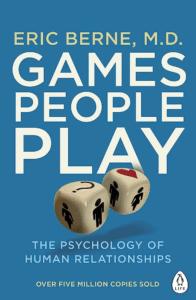The Perils of Fake News

Eroding Trust in Institutions
The proliferation of fake news has emerged as one of the most pressing challenges of the digital age. This phenomenon, characterized by the deliberate creation and dissemination of false information, has far-reaching implications for individuals, societies, and democracies alike. One of the most alarming trends associated with fake news is its capacity to erode trust in established institutions. By undermining the credibility of traditional media outlets, fake news creates a climate of skepticism and distrust. This erosion of trust can have profound consequences, as it hampers the ability of governments and other organizations to effectively communicate with the public and implement policies.
Fueling Division and Polarization
Furthermore, fake news has the potential to incite division and polarization within societies. By spreading misinformation and disinformation, it can exacerbate existing social tensions and create new ones. This can lead to a breakdown in social cohesion and hinder efforts to address pressing societal challenges.
The Amplification Effect of Social Media
The rapid spread of fake news on social media platforms is another significant concern. These platforms have become fertile ground for the cultivation and dissemination of false information, as algorithms often prioritize engagement over accuracy. This has led to the creation of echo chambers, where individuals are primarily exposed to information that reinforces their existing beliefs, further exacerbating polarization.
Individual Impact
Moreover, fake news can have devastating consequences for individuals. The spread of misinformation about health, finance, or other critical issues can lead to harmful decisions and personal losses. For example, the circulation of false information about vaccines can deter people from getting vaccinated, putting public health at risk.
The Need for Countermeasures
In conclusion, the negative trends associated with fake news pose a serious threat to individuals, societies, and democracies. Addressing this challenge requires a multifaceted approach that involves media literacy education, increased transparency from social media platforms, and the development of effective fact-checking mechanisms. Only through concerted efforts can we mitigate the harmful effects of fake news and restore public trust in information.










